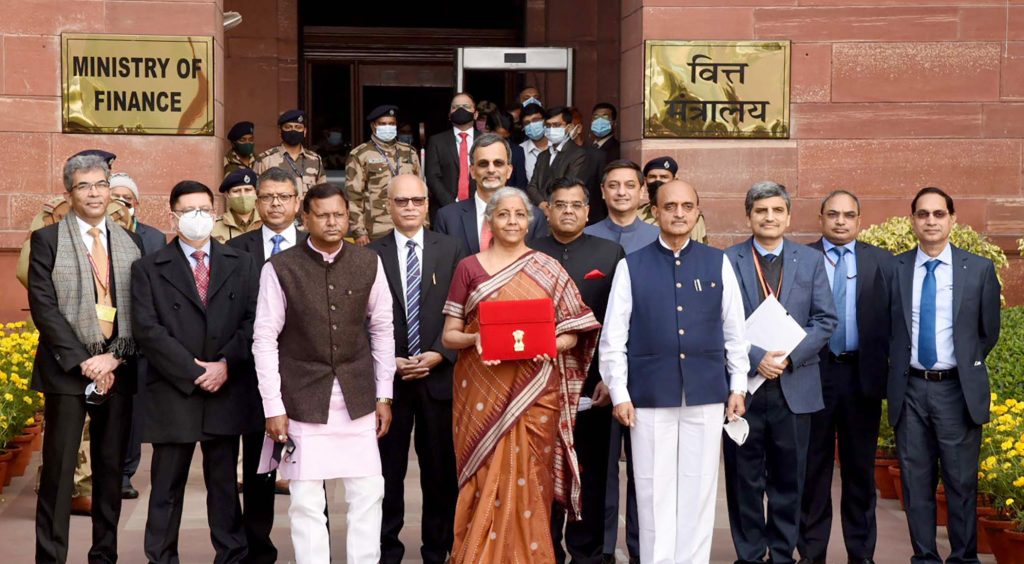Now Reading: One in Three female lawyers sexually harassed, finds IBA global survey
-
01
One in Three female lawyers sexually harassed, finds IBA global survey
One in Three female lawyers sexually harassed, finds IBA global survey
International Bar Association (IBA) and market research company Acritas conducted the largest-ever global survey on bullying and sexual harassment in the profession. Nearly 7,000 individuals from 135 countries responded to the survey, from across the spectrum of legal workplaces: law firms, in-house, barristers’ chambers, government and the judiciary. The results provide empirical confirmation that bullying and sexual harassment are rife in the legal profession. Approximately one in two female respondents and one in three male respondents had been bullied in connection with their employment. One in three female respondents had been sexually harassed in a workplace context, as had one in 14 male respondents.
The findings from the survey respondents include:
- one in two women and one in three men have experienced bullying in the workplace;
- one in three women and one in 14 men have been sexually harassed;
- in 57 per cent of bullying cases, incidents were not reported, with the figure rising to 75 per cent for episodes of sexual harassment;
- there is considerable adverse impact, with 65 per cent of bullied practitioners having left or considered leaving their workplace as a result;
- workplaces are not doing enough to prevent or adequately respond to misconduct, with policies regarding bullying and sexual harassment present in only 53 per cent of workplaces; and
- just one in five workplaces have conducted training in recognising and reporting problems in these areas.
IBA LPRU Legal Advisor Kieran Pender, who led the project, said: ‘Our research found that targets of bullying and sexual harassment very rarely report the misconduct to their workplaces or regulators. They don’t report because of the status of the perpetrator, fear of repercussions and because the incidents are often endemic to the workplace. These issues affect all parts of the profession, from entry-level trainees to attorneys-general. We must take responsibility and develop standards of conduct to make it clear that this behaviour has no place in our profession.’
The report also highlights a ‘perception paradox’, whereby countries in which workplace bullying and sexual harassment are topical issues (and where the domestic professions have taken steps to address such misconduct) often report particularly high rates of bullying and sexual harassment. This issue and others are discussed in the report’s Methodology section. The report hypothesises that reported rates may temporarily increase in the coming years as the global profession seeks positive change, which may indicate increased subjective understanding among targets and a greater willingness to report rather than an objective increase in the frequency of such misconduct.
Read the full report, Click here








